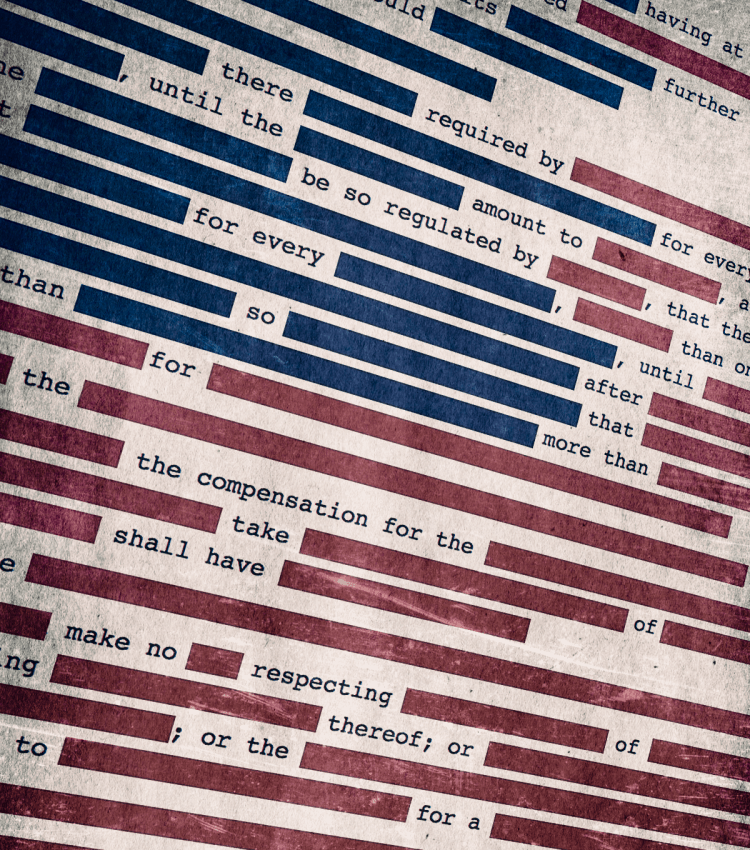After years of trying to remove the censorship of an event’s recording, a group made up of current and retired University of Saskatchewan faculty, citizens and alumni say they are too fiscally constrained to appeal the court’s decision.
The case in question began in 2015 when The Saskatoon StarPhoenix reported on Peter W.B. Phillips, a professor from the Johnson Shoyama Graduate School of Public Policy. The article claimed the professor had undeclared connections in his research to the agri-business behemoth Monsanto.
Following the increased media attention and allegations, Phillips took part in an organized, closed symposium at the university on Dec. 2, 2015 titled “Research Management and the Right to Know.” The event was invite only and had 20 attendees from U of S faculty, administration, research funders and industry representatives.

D’Arcy Hande, a retired archivist at the U of S, submitted an access to information request to the U of S on behalf of the group Academic Integrity Committee U of S in August 2017, requesting the symposium’s recorded transcripts.
In November 2017, the university released the 42-page transcript, however, the document had over 85 per cent of its content blacked out and the names of the non-U of S participants were removed.
Hande says his call for transparency in this matter was based on the belief that private meetings go against the university’s ideal purpose as a publicly-funded institution while devaluing its integrity.
“Discussion is open for public scrutiny in a university setting,” Hande said. “We’ve got a public university where openness and transparency should be one of the primary objectives.”
At Hande’s request, Information and Privacy Commissioner of Saskatchewan John Kruzeniski reviewed the
U of S’s actions in June 2018. In Kruzeniski’s opinion, the
U of S did not appropriately apply the Local Authority Freedom of Information and Protection of Privacy Act, and he recommended they release a larger portion of the transcripts.
However, the university did not follow the privacy commissioner’s recommendation. Hande, with the support of the Academic Integrity Legal Action Group, launched a petition and raised the $12,000 needed to initiate court proceedings in August 2018 to have the “excessive redactions removed.”
The Court of Queen’s Bench released its judgement in May 2019, ruling in favour of the
U of S saying “there was a ground rule for the symposium which established an environment of confidentiality.”
After years of contention, the petitioning of the transcripts seems to have come to an end. Although Hande and the Academic Integrity Legal Action Group believe they have grounds to appeal the court’s decision, they have “reluctantly” ceased pursuing the case further because the cost of legal fees makes it unfeasible. To appeal the court’s decision they would need to raise at least another $10,000.
Despite having reached an impasse, Hande remains critical of the court’s decision.
“We’ve got this [rule] that every time … there’s a meeting on campus, … this dome of secrecy comes down and the people of Saskatchewan who fund this institution will never know what happened,” Hande said.
In a statement to the Sheaf, Karen Chad, the U of S vice-president of research, says the court’s judgement “strengthens the protection of academic freedom and privacy.”
“Academic freedom enables members of our university to pursue research and ideas — even those that are controversial or unpopular — without fear of interference,” Chad said. “It is critical to the work the University of Saskatchewan does to improve communities throughout the province, country and world.”
—
Noah Callaghan/ Staff Writer
Photo: Jared Rodriguez/ Flickr
Leave a Reply